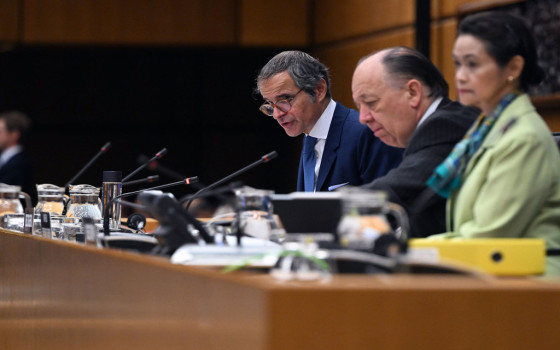
Director of the International Atomic Energy Agency: Iran's stock of enriched uranium is increasing...and the situation in Ukrainian Zaporozhye is still fraught with danger

- Europe and Arabs
- Tuesday , 4 June 2024 12:0 PM GMT
Vienna - Tehran: Europe and the Arabs
The Director-General of the International Atomic Energy Agency, Rafael Mariano Grossi, said that Iran's stock of enriched uranium continues to increase, adding that it has been three years since the agency was able to enter the country. According to what was reported in the daily United Nations news bulletin, a copy of which we received this morning.
In his speech before the IAEA Board of Governors meeting in Vienna, which began yesterday, Monday, Grossi indicated that no progress has been made in resolving the outstanding issues, adding that Iran is still not implementing the provisions of the nuclear safeguards agreement, and that the withdrawal of the accreditation of many IAEA inspectors has not yet been undone. . He stressed that "these outstanding safeguards issues need to be resolved so that the agency can provide guarantees that the Iranian nuclear program is exclusively peaceful."
He expressed concerns about statements made by Iran regarding its technical capabilities to produce nuclear weapons and possible changes in its nuclear doctrine, which only serve to deepen concerns about the “validity and completeness” of the country’s safeguards declarations.
The situation in Ukraine
The Director-General of the International Atomic Energy Agency addressed the situation in Ukraine, warning that the situation at the Zaporozhye nuclear power plant “remains precarious” and that all seven pillars of nuclear security and safety are “fully or partially threatened.” These pillars include physical integrity, functional safety and security systems and equipment, radiation monitoring and emergency response, safe and reliable off-site power supplies, trained personnel, an uninterrupted logistics supply chain, and open communications.
"The attacks and frequent outages of off-site power lines due to military activity create a dangerous situation," Grossi said. All six reactor units at the plant have been on cold shutdown since April, a safety measure long recommended by the International Atomic Energy Agency.
However, the agency's ability to ensure the safety and security of the station remains at risk due to access restrictions, Grossi explained. He reported that the supply chains of spare parts at the other four nuclear power plants in Ukraine are still threatened, and high levels of tension prevail among employees.
North Korea's nuclear program
Regarding the situation in the Democratic People's Republic of Korea (North Korea), the Director-General of the International Atomic Energy Agency expressed his concern about the continuation and development of the nuclear program there.
He noted that the agency detected intermittent discharge of cooling water, consistent with the operation of the light water reactor in Yongbyon, coinciding with ongoing activities at the reported enrichment centrifuge facility. The Punggye-ri nuclear test site also remains occupied and ready to support a new experiment.
The UN official said, "The continuation and development of North Korea's nuclear program constitutes a clear violation of the relevant UN Security Council resolutions, which is extremely unfortunate," calling on the country to fully comply with its obligations and cooperate quickly with the agency.
Fukushima Station, Japan
In Japan, Grossi reported that the International Atomic Energy Agency continues to monitor the discharge of water treated with the advanced liquid treatment system from the Fukushima Daiichi nuclear power plant, which suffered a meltdown 13 years ago.
He stressed that the discharge process is progressing in accordance with the safety plan approved by the Japanese Nuclear Energy Regulatory Authority. In another area, the UN official emphasized the agency's main role in promoting sustainable development. He said that the Agency is a critical instrument for promoting sustainable development and international peace and security, calling on Member States to continue their support for the indispensable work of the Agency.


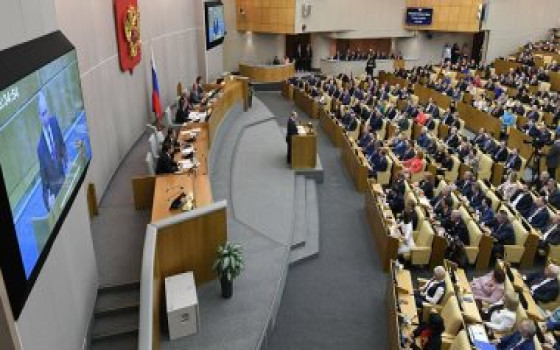
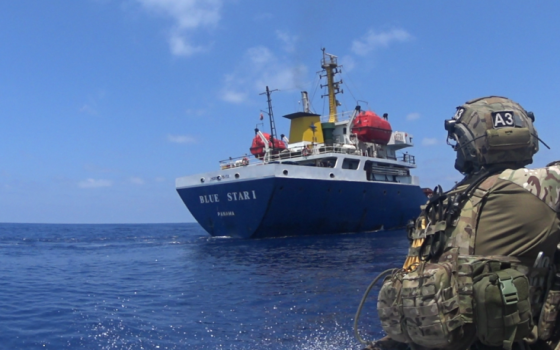
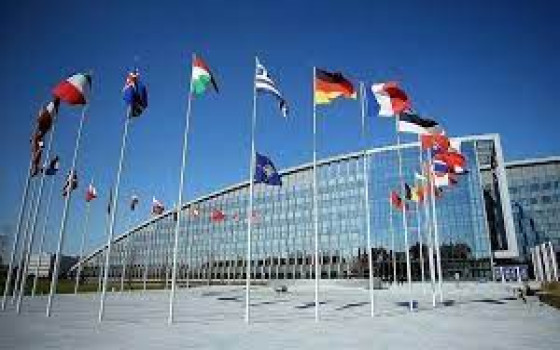
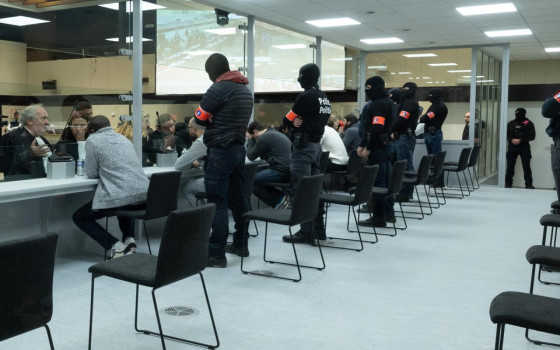
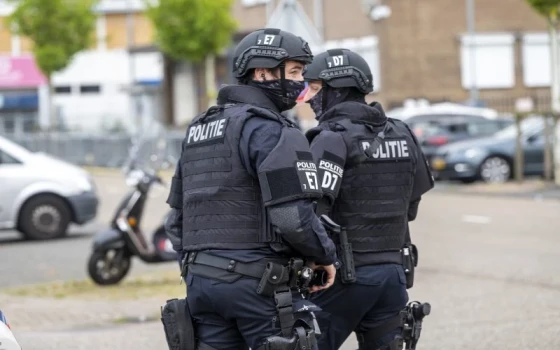
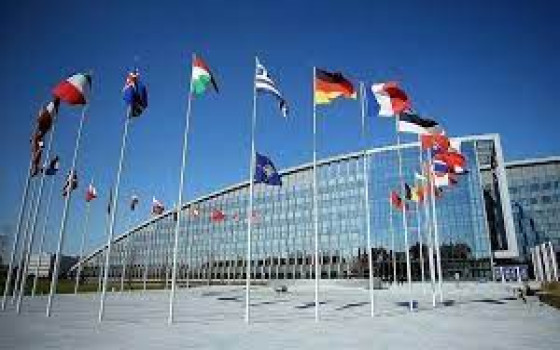
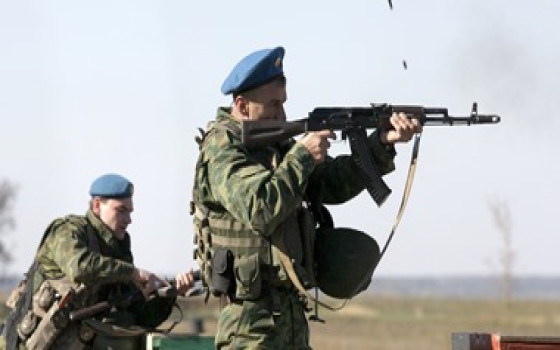
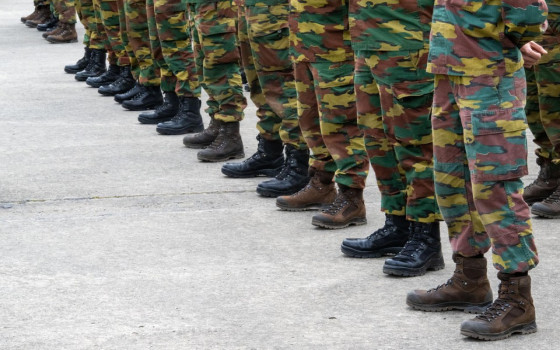

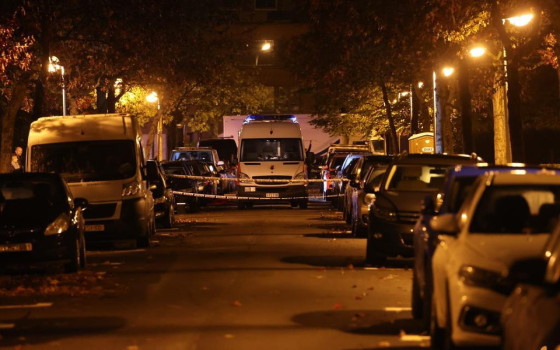
No Comments Found